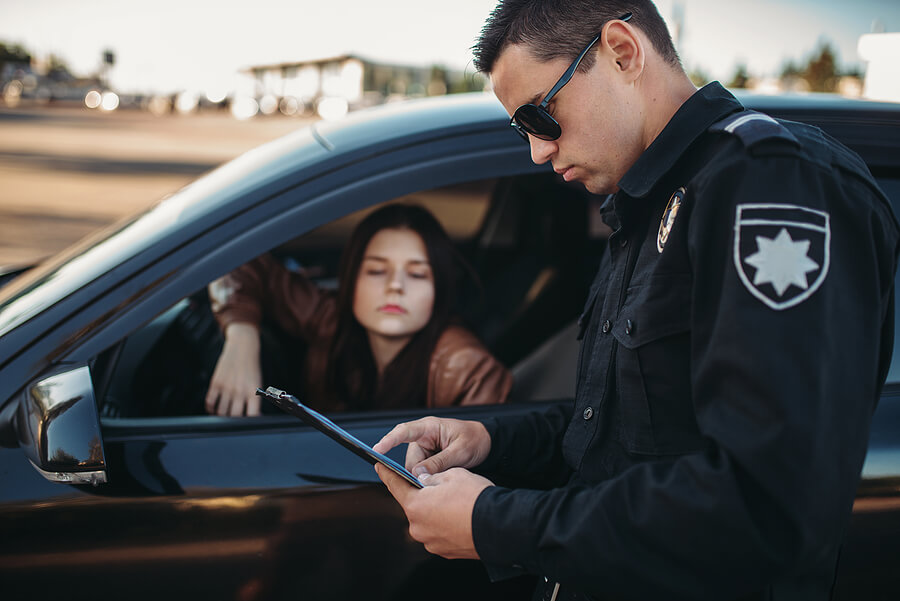If you are convicted of driving under the influence (DUI) in Savannah, you may be subject to fines and other penalties. These can add up quickly, but there are ways you can try to avoid some of the harshest penalties.

The judge has discretion when it comes to sentencing for a DUI, so it may help your case if you have good reasons for why you should pay less or not at all. Here’s what you need to know about fines and penalties for a DUI in Savannah.
What Counts as DUI in Georgia?
DUI in Georgia is defined as driving with a Blood Alcohol Concentration (BAC) of .08 grams or more. If you are convicted of DUI in Georgia, you will face penalties including a fine, jail time, and license suspension. If you are under 21 years of age, you will face even harsher penalties if convicted of DUI. The BAC threshold for drivers under 21 is .02.
Driver’s License Suspension and Ignition Interlocks
A driver’s license may be suspended after a DUI or DWI conviction. An ignition interlock is a device that is installed in a vehicle to prevent it from being started if the driver has been drinking. You may be required to install one on your vehicle if convicted.
A first DUI conviction may result in a license suspension and the installation of an ignition interlock. A second DUI conviction may result in a longer license suspension and the installation of an ignition interlock. A third DUI conviction may result in the revocation of the driver’s license.
Minimum and Maximum Penalties for a First DUI Conviction in Georgia
The state of Georgia imposes the following penalties for a first DUI conviction: a fine of up to $1,000, a license suspension of up to one year, and/or up to 12 months of probation. A first offender may also be required to complete a DUI risk reduction program and perform community service. If your BAC was .08% or higher, you might also be required to install an ignition interlock device on your vehicle at your own expense. You can also expect to commit to completing at least 20 hours of community service.
Minimum and Maximum Penalties for a Second DUI Conviction in Georgia
If you are convicted of a second DUI offense in Georgia, you will face the following penalties: a fine of up to $1,000, at least 90 days and up to one year in jail, and a license suspension of up to three years. You may also be required to attend a DUI school and have an ignition interlock device installed on your vehicle. If your BAC was .08% or higher, you would also face additional penalty assessments. You should also plan on spending at least 30 days doing community service.
Minimum and Maximum Penalties for a Third DUI Conviction in Georgia
The penalties for a third DUI conviction in Georgia are as follows: a fine of up to $5,000, up to one year in jail, or both. There are also 30 days of community service required by law. In addition, the offender may be required to complete a DUI school and may be required to install an ignition interlock device on their vehicle.
Penalties for Refusing the Chemical Test
If you are arrested for DUI, you are deemed to have consented to a chemical test under Georgia’s implied consent law. In Georgia, if you are arrested for DUI, you will be subject to a penalty if you refuse to take a chemical test. Your license will be suspended for one year. If you have a previous DUI, you will be ineligible to get a limited driving permit if you were convicted of a DUI.
DUI for Commercial Drivers
A DUI is a serious offense for commercial drivers. If you are arrested for DUI, you face a mandatory license suspension. This will impact your ability to work. You may also be required to attend counseling or classes, and you may be fined. If you are convicted of DUI, you will also face possible jail time.
Contact a Savannah DUI Attorney Today
A DUI carries serious fines and penalties in Georgia. Your criminal defense attorney can help you fight the charge and maintain your license. If you are convicted of a DUI, you can lose your license and may even face jail time. If you face a DUI in Savannah, Georgia, Phillips Carson Phillips can help. Schedule a consultation by calling (912) 232-0081 or using our online contact form.
